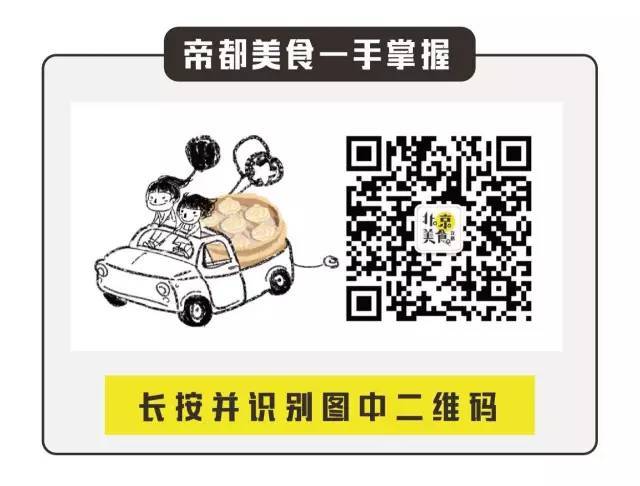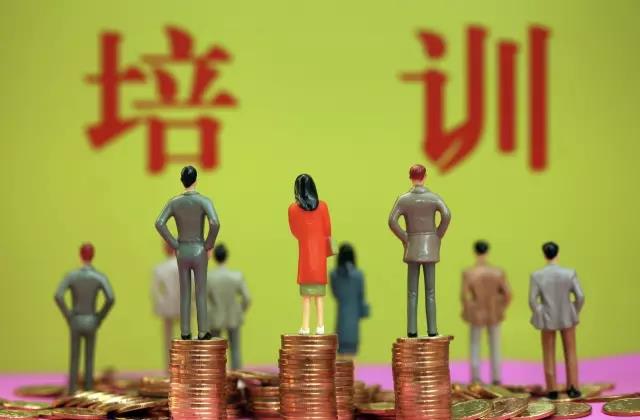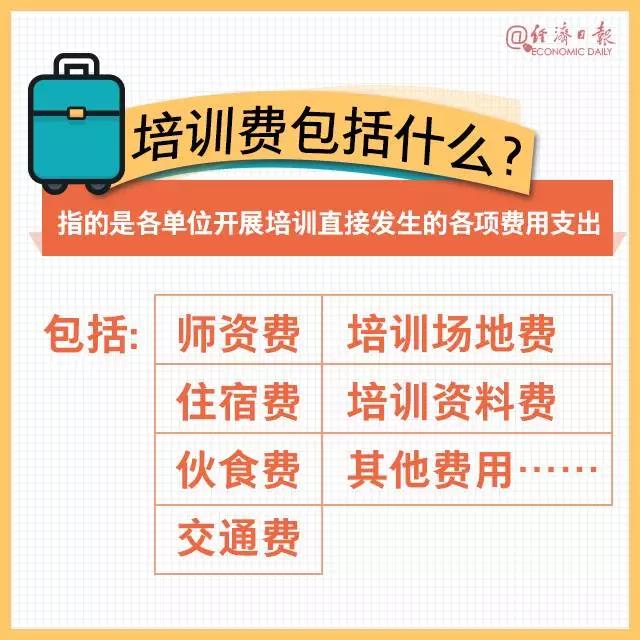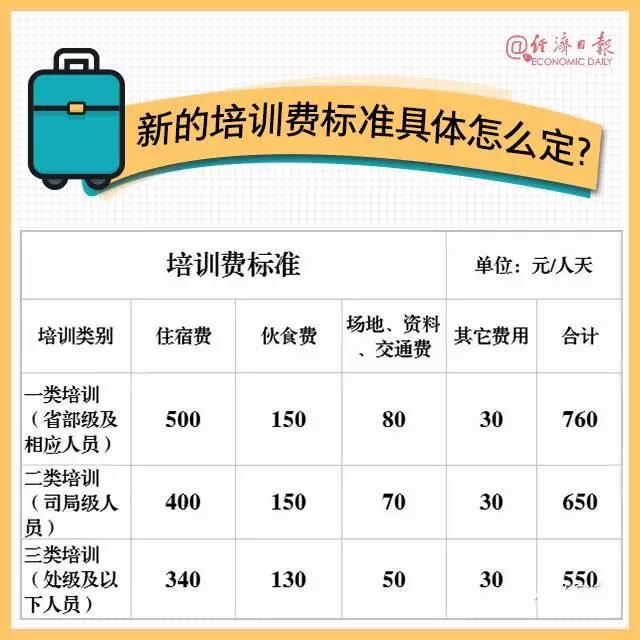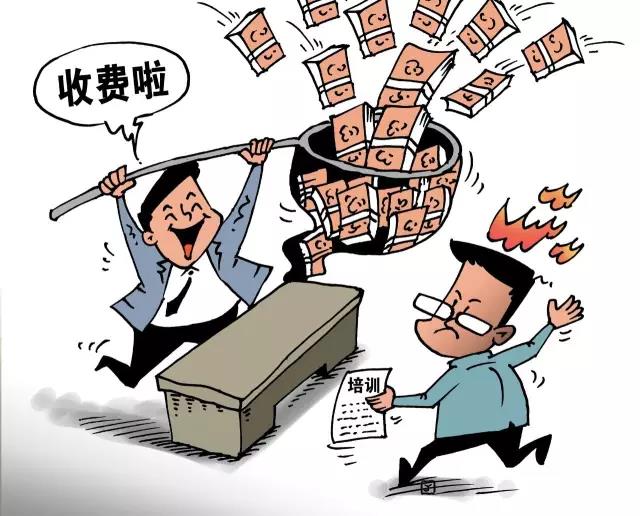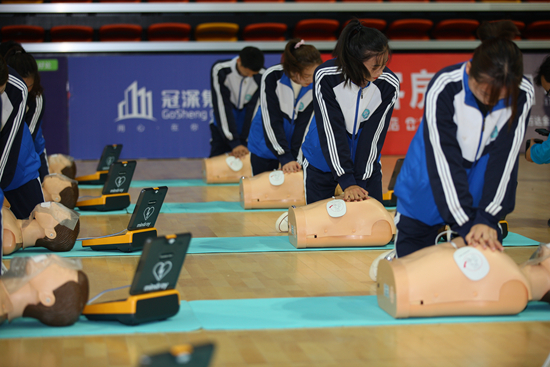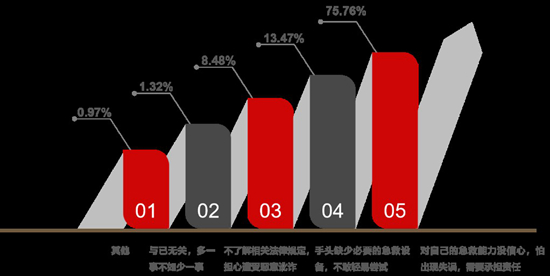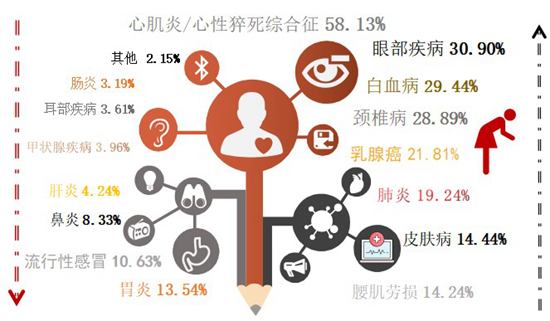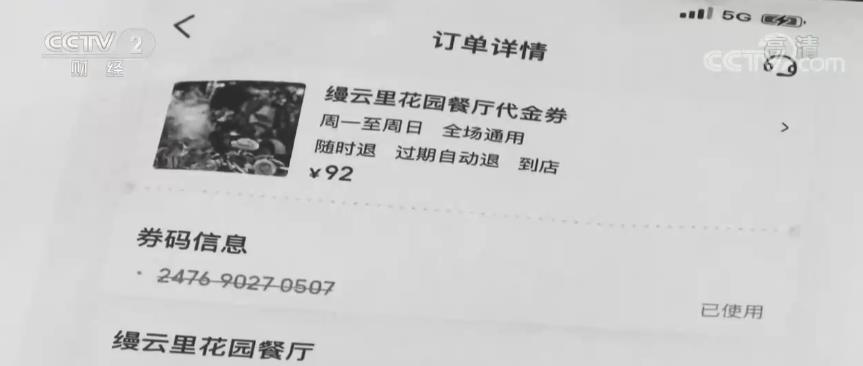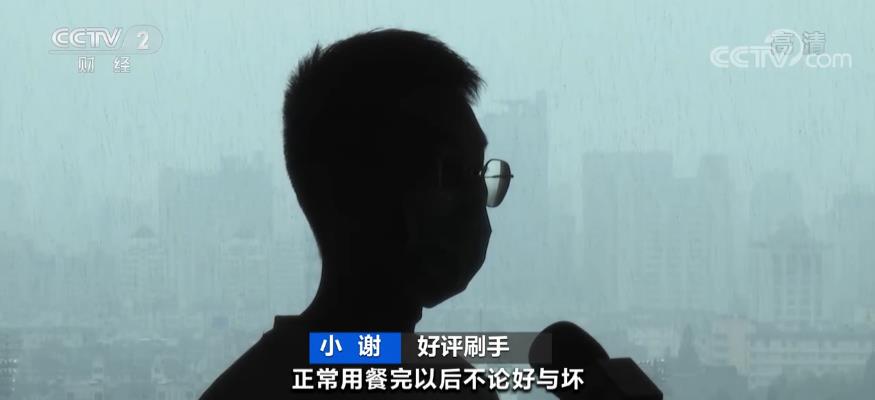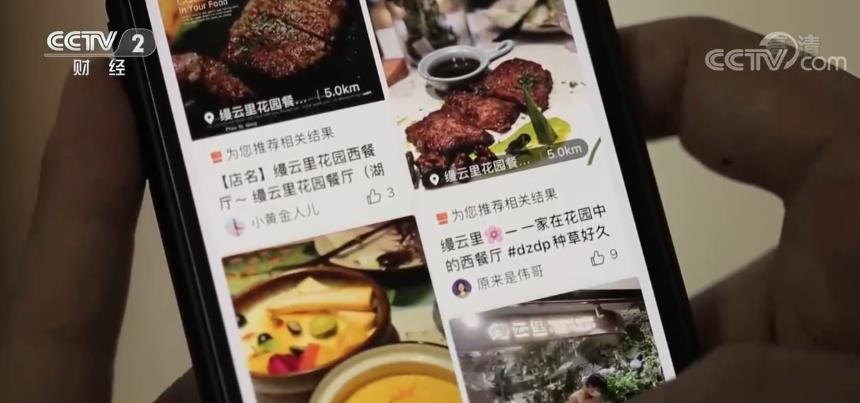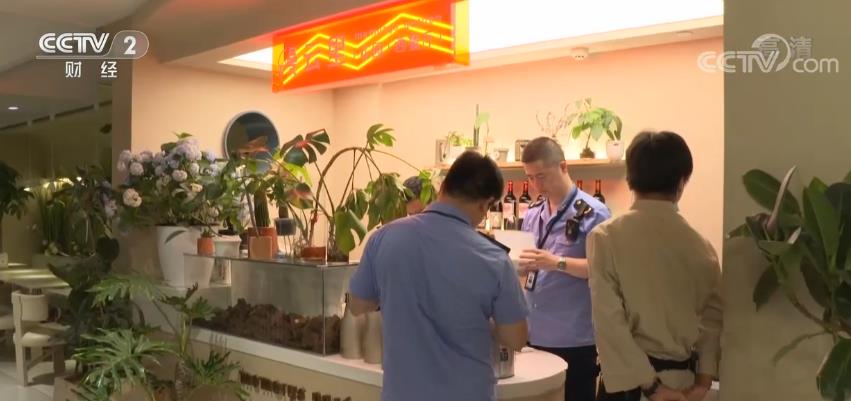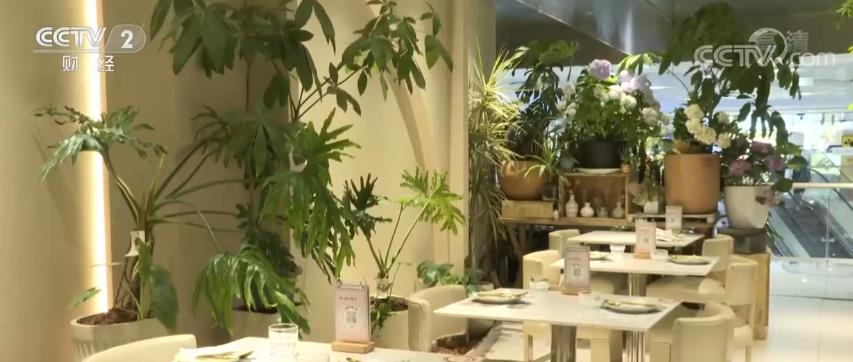Export control in China
Xinhua News Agency, Beijing, December 29th-the State Council Press Office released a white paper on Export Control in China on December 29th. The full text is as follows:
Export control in China
(December 2021)
People’s Republic of China (PRC)
the State Council Information Office
catalogue
foreword
I. China’s Basic Position on Export Control
(A) adhere to the overall concept of national security
(2) Conscientiously fulfilling international obligations and commitments.
(3) Actively promoting international cooperation and coordination.
(4) Resolutely oppose the abuse of export control measures
II. Constantly improve the legal system and management system of export control.
(1) Establish and improve the legal system of export control.
(B) Building a coordinated and efficient export control management system
III. Continue to modernize the export control system.
(A) optimize the license management
(B) enhance law enforcement capabilities
(3) Promoting compliance construction.
(4) Fulfilling international obligations
Four, actively carry out international exchanges and cooperation in export control.
(a) to carry out bilateral exchanges and cooperation.
(2) Strengthen multilateral dialogue and consultation.
Concluding remarks
foreword
Export control refers to prohibiting or restricting the export of dual-use items, military products, nuclear products and other goods, technologies and services related to safeguarding national security and interests and fulfilling international obligations such as non-proliferation. It is an internationally accepted practice.
Today, the world is experiencing a great change that has never happened in a century. Instability and uncertainty have risen significantly, the international security system and order have been impacted, and world peace is facing multiple challenges and threats. Fair, reasonable and non-discriminatory export control plays an increasingly prominent role in effectively coping with international and regional security risks and challenges under the new situation and safeguarding world peace and development. Countries generally attach great importance to and actively promote export control, and strengthen and standardize export control by establishing and implementing legal systems.
As a permanent member of the United Nations Security Council and the largest country in the world in goods trade and manufacturing, China has been constantly improving its export control governance in line with the principles of safeguarding national security and safeguarding world peace and regional security. In the new era, under the guidance of the supreme leader Socialism with Chinese characteristics Thought in the new era, China adheres to the overall national security concept and more actively integrates into the process of economic globalization. China focuses on building a new open economic system with a higher level and a peaceful China with a higher level, realizing the benign interaction between high-quality development and high-level security, promoting the modernization of the export control system, and achieving new development and achievements in export control governance. China thinks about its responsibility from a global perspective, earnestly fulfills its international obligations, strengthens international exchanges and cooperation, actively participates in international coordination of export control with practical actions, promotes relevant international processes, and joins hands with other countries to build a community of human destiny, thus injecting positive energy into world peace and development.
In order to comprehensively introduce the basic position and policy proposition of China’s export control and enhance the international community’s understanding of China’s export control, this white paper is hereby issued.
I. China’s Basic Position on Export Control
As a responsible big country, China firmly upholds the international system with the United Nations at the core and the international order based on international law, earnestly upholds the authority of international treaties and mechanisms in line with true multilateralism, and actively promotes the development of international export control in the right direction of justice, rationality and non-discrimination.
(A) adhere to the overall concept of national security
In the era of economic globalization, the security of all countries is interrelated and affects each other. China has always adhered to the overall national security concept, coordinated development and security, coordinated opening and security, coordinated traditional security and non-traditional security, coordinated its own security and common security, coordinated the maintenance and shaping of national security, and strived to build an export control system commensurate with China’s international status and compatible with national security and interests. China advocates that all countries should innovate their security concepts and establish a common, comprehensive, cooperative and sustainable global security concept. In particular, big countries should fulfill their obligations as big countries, show their responsibilities as big countries, promote international common security in the field of export control, and jointly build a universally safe community of human destiny.
(2) Conscientiously fulfilling international obligations and commitments.
Maintaining international peace and fulfilling international obligations such as non-proliferation are China’s solemn commitments. China has actively fulfilled its international obligations, extensively learned from international practices, and made great efforts to strengthen and improve its export control system. China resolutely opposes the proliferation of all forms of weapons of mass destruction and their means of delivery, and has formed an export control system under the guidance of the Export Control Law, covering dual-use items, military products, nuclear products and other goods, technologies and services related to safeguarding national security and interests and fulfilling international obligations such as non-proliferation.
(3) Actively promoting international cooperation and coordination.
In today’s world, countries are increasingly becoming a community of destiny. The more we face global challenges, the more we need to cooperate to deal with them. China advocates that differences and disputes should be properly resolved through international coordination and cooperation and multilateral mechanisms, so that all countries can become partners of mutual trust and equal cooperation. At present, the reform of the global governance system is at a turning point in history. China advocates that the international coordination of export control should effectively increase the representation of emerging market countries and developing countries, better realize the equality of rights, opportunities and rules in international cooperation, reflect the wishes and interests of most countries in a more balanced way, and jointly create an international environment of peace, stability, equality, mutual trust and win-win cooperation.
(4) Resolutely oppose the abuse of export control measures
No country or region should abuse export control measures, unreasonably impose discriminatory restrictive measures, implement double standards on non-proliferation, or even push multilateral mechanisms related to export control towards discrimination and exclusivity. The Treaty on the Non-Proliferation of Nuclear Weapons, the Convention on the Prohibition of the Development, Production and Stockpiling of Bacteriological (Biological) and Toxin Weapons and on Their Destruction (hereinafter referred to as the Biological Weapons Convention) and the Convention on the Prohibition of the Development, Production, Stockpiling and Use of Chemical Weapons and on Their Destruction (hereinafter referred to as the Chemical Weapons Convention), as well as a series of resolutions of the General Assembly and the United Nations Security Council, all stipulate that all countries can fully enjoy peaceful uses without discrimination. China maintains that export control should abide by the principles of fairness, reasonableness and non-discrimination, and should not harm the legitimate rights and interests of other countries in the peaceful use of export-controlled items, and should not set obstacles to the peaceful use of scientific and technological progress to promote development, normal international scientific and technological exchanges and economic and trade cooperation, and the safe and smooth operation of the global industrial chain supply chain. China called on all countries to effectively control the risks and threats related to export control and create a safe environment conducive to economic and social development, while actively promoting the inclusive sharing of scientific and technological development and constantly enhancing the well-being of all mankind.
II. Constantly improve the legal system and management system of export control.
China adheres to the basic strategy of governing the country according to law in an all-round way, not only based on China’s national conditions, but also drawing lessons from foreign beneficial experience, constantly improving the legal system of export control, perfecting the management system of export control, and providing the rule of law and institutional guarantee for export control.
(1) Establish and improve the legal system of export control.
Since the reform and opening up, the internal and external environment of China’s economic development has undergone profound changes, the socialist market economic system has been continuously improved, and the level of legalization of export control has been continuously improved. Since the 1990s, China has successively promulgated six administrative regulations, including Regulations on the Management of Controlled Chemicals, Regulations on Nuclear Export Control, Regulations on the Export of Military Products, Regulations on the Export Control of Dual-use Nuclear Goods and Related Technologies, Regulations on the Export Control of Missiles and Related Items and Technologies, and Regulations on the Export Control of Dual-use Biological Goods and Related Equipment and Technologies. The Ministry of Commerce, the Ministry of Industry and Information Technology, the General Administration of Customs, the State Administration of Science, Technology and Industry for National Defense, the State Atomic Energy Agency, the Equipment Development Department of the Central Military Commission and other relevant departments have issued dozens of departmental regulations and related normative documents to refine the provisions on export control matters, including specific provisions on specific items, specific provisions on license management and law enforcement supervision, and relevant documents for implementing relevant UN Security Council resolutions.
In October 2020, China promulgated the Export Control Law, which clearly defined the export control system, control measures and international cooperation, and established the basic institutional framework and rules for export control policies, control lists, temporary controls, control lists, supervision and management. On the basis of summing up the practical experience of China’s export control, the Export Control Law is a law to guide China’s export control work according to the changes of the situation and drawing lessons from international common practices. It makes comprehensive arrangements for China’s export control system and ensures the full coverage of controlled items, applicable subjects and control links. Since the promulgation of the Export Control Law, in order to ensure the effective implementation of various systems, the state export control administrative department has actively carried out the work of "changing the relevant supporting regulations and departmental rules" to ensure the efficient connection between various fields of the export control legal system. In addition to the Export Control Law, laws such as the Foreign Trade Law, the National Security Law, the Data Security Law, the Nuclear Security Law, the Customs Law, the Administrative Licensing Law, the Administrative Punishment Law and the Criminal Law also provide a strong legal basis for the implementation of export control measures and other related work. At present, China has basically formed an export control legal system which is connected with laws, administrative regulations and departmental rules, with distinct levels and coordinated structure, laying a solid legal foundation for building a modern export control system with China characteristics.
(B) Building a coordinated and efficient export control management system
Export control involves many departments in the State Council and the Central Military Commission (CMC). The state has established and improved the working mechanism of export control and defined the division of labor among various departments, which has provided a solid institutional guarantee for export control.
Management system for export control of dual-use items. The export of nuclear dual-use items shall be managed by the Ministry of Commerce in conjunction with the National Atomic Energy Agency. The export of biological dual-use items shall be managed by the Ministry of Commerce in conjunction with the Ministry of Agriculture and Rural Affairs, the State Health and Wellness Commission and other departments as required. The export of chemical dual-use items shall be managed by the Ministry of Commerce. The export of missile dual-use items shall be managed by the Ministry of Commerce in conjunction with the State Bureau of Science, Technology and Industry for National Defense and the Equipment Development Department of the Central Military Commission as required. The export of commercial passwords shall be managed by the Ministry of Commerce in conjunction with the State Cryptography Administration. The Cryptography Law stipulates that the export control list of commercial passwords shall be formulated and published by the Ministry of Commerce in conjunction with the State Cryptography Administration and the General Administration of Customs. To monitor the export of chemicals, the Ministry of Industry and Information Technology and the Ministry of Commerce shall manage the qualification of export operators, and the Ministry of Industry and Information Technology shall be responsible for the specific export review.
Military export control management system. Military exports are managed by the State Bureau of Science, Technology and Industry for National Defense and the Equipment Development Department of the Central Military Commission according to the division of labor. The main management contents include examining and approving military export franchise qualifications, military export projects, military export contracts, issuing military export licenses, formulating relevant business management measures, supervising and managing military export activities, and punishing illegal acts in military export control.
Nuclear export control management system. Nuclear export shall be managed by the State Atomic Energy Agency and the Ministry of Commerce in conjunction with other departments. The nuclear export is exclusively operated by the unit designated by the State Council, and the three principles of nuclear export guarantee for peaceful purposes only, acceptance of IAEA safeguards, and no transfer to a third country without the permission of the China government are resolutely implemented. The administrative department implements a strict examination system for nuclear exports and takes severe punishment measures for illegal acts.
The General Administration of Customs cooperates closely with relevant administrative departments to supervise the export of controlled items according to law, participate in the investigation and handling of relevant illegal export cases, and carry out risk prevention and control, supervision and law enforcement and other related work.
III. Continue to modernize the export control system.
China strictly enforces various laws and regulations on export control, translates its solemn promises into practical actions, and gradually realizes full coverage, full chain and all-round effective supervision based on the system and supported by technology, and builds a modern export control system with scientific design, orderly operation and strong implementation.
(A) optimize the license management
China’s export control widely adopts internationally accepted systems such as license management, end-user and end-use certificate, and general license. China has established an inter-departmental licensing consultation system and a two-level management model, continuously improved the licensing process, continuously enriched the types of licensing management, continuously improved the level of licensing management, effectively promoted the compliance trade of export-controlled items, and optimized the business environment under high-level opening up.
Establish a licensing consultation system to ensure rigorous and accurate review. In the examination of export license for dual-use items, an export control license consultation system involving the Ministry of Commerce, the Ministry of Foreign Affairs, the Ministry of Industry and Information Technology, the State Bureau of Science, Technology and Industry for National Defense, the National Atomic Energy Agency and the Equipment Development Department of the Central Military Commission was established. Each department has its own duties, division of labor and close cooperation, and examines export applications from the aspects of national security and interests, international obligations, end users and end uses, so as to ensure that relevant exports comply with laws and relevant policies and regulations.
Implement a two-level management model to facilitate licensing applications. China has a vast territory, and enterprises applying for export licenses come from all over the country. China gives overall consideration to the relationship between control and promotion, safeguards and promotes compliant trade, implements a two-level management model in licensing management, and entrusts the relevant departments of the provincial people’s government to provide public services on export control to export operators and assist them in forwarding export applications. The approval result of license examination is transmitted to the export operators and China Customs in the form of online data. In order to improve the level of trade facilitation, since July 2021, the Ministry of Commerce has implemented paperless management of export licenses for dual-use items, realizing the electronic process of business application, business review, license issuance and customs clearance of goods, and shortening the time for obtaining licenses by 5 to 7 days.
Improve licensing management measures and improve the level of precise management. Focus on improving the end-user and end-use certification system and promote multi-level management. Under normal circumstances, export operators are required to provide end-use certificates issued by end users; For export applications with potential risks, it is required to provide end-user and end-use certification documents certified by the government agencies of the countries and regions where the end-users are located and the embassies and consulates of China in relevant countries, or require the government agencies of the countries and regions where the end-users are located to issue end-user and end-use certification documents. China implements general licensing measures to enrich the types of license management. Export operators who have established an internal compliance system for export control and are in good operation can be granted a general license, allowing them to export to multiple countries and regions or multiple end users for multiple times within the validity period. The multi-measures licensing management measures have improved the pertinence and effectiveness of licensing management.
Establish an expert support team to support scientific and efficient management. China attaches great importance to the construction of experts, and clearly establishes and improves the export control expert consultation mechanism in the form of legal provisions. Relevant departments organize experts in the fields of dual-use items, military products and nuclear, and establish a support team of export control experts to assist in making scientific and accurate judgments. Over the years, the team of experts has provided strong support for inventory formulation, license management, supervision and law enforcement, and business consulting. With the increasing demand for specialization in export control, China will continue to increase the input of experts, build a professional team with all fields and fine business, and provide more professional and efficient support for export control in the new era.
(B) enhance law enforcement capabilities
China has continuously improved its export control law enforcement mechanism, expanded its law enforcement methods, enhanced its law enforcement capabilities, gradually improved its authoritative and efficient export control law enforcement system, effectively cracked down on illegal export control activities, and ensured the complete, accurate and strict implementation of export control laws and regulations.
Improve the organization and build a coordinated and powerful law enforcement mechanism. Strengthen the construction of specialized export control institutions of the Ministry of Commerce. In 2014, the Ministry of Commerce set up a full-time export control law enforcement team to be responsible for the construction of export control law enforcement system and case investigation. The Ministry of Commerce, the Ministry of Public Security, the Ministry of Industry and Information Technology, the General Administration of Customs and other departments have strengthened horizontal cooperation in law enforcement, and have cooperated vertically with relevant departments of provincial people’s governments in law enforcement. The horizontal and vertical law enforcement cooperation system of various departments and localities has formed a strict law enforcement grid, which provides a strong organizational mechanism guarantee for China’s export control law enforcement, and better solves the problems of China’s export control law enforcement, such as wide territory, wide field and difficult investigation.
Broaden the means and measures to enhance the deterrence of law enforcement supervision. Constantly improve the ability of export control law enforcement, in addition to authorizing law enforcement departments to conduct on-the-spot inspections, inquiries and investigations, access to information and other basic law enforcement means, it also gives law enforcement departments a variety of means such as sealing up and detaining items involved and inquiring bank accounts. For illegal export operators, law enforcement departments can include their illegal situations in the credit records according to law, effectively enhancing the deterrence of law enforcement. China’s export control law enforcement covers all aspects of export. It not only strictly supervises the export links, but also controls the participation of intermediary services in illegal export, and prohibits relevant institutions and individuals from providing intermediary services such as agency, freight forwarding, customs declaration, third-party e-commerce trading platform and finance for illegal export control activities. China pays attention to the implementation of non-mandatory law enforcement means such as supervision talks and administrative guidance, and implements measures such as prevention, guidance and supervision to ensure the effectiveness of law enforcement.
Promote the use of law enforcement equipment and information technology, and effectively strengthen support capabilities. China increased investment in export control law enforcement equipment and facilities, and China Customs was equipped with specialized equipment for testing radioactive, biological and chemical items, which significantly improved the efficiency of identifying, inspecting and disposing export control items and effectively helped law enforcement personnel to detect illegal exports. China actively improves the application of law enforcement information, and strengthens the exchange and cooperation of information about illegal export activities among law enforcement and management agencies. China attaches great importance to the statistical analysis of information data of illegal export control cases, realizes the comprehensive application function of basic information such as enterprises involved and cases, and improves the information support. Export control law enforcement agencies regularly conduct comprehensive policies and regulations, item identification and law enforcement skills training for law enforcement officials to enhance law enforcement capabilities.
(3) Promoting compliance construction.
China attaches great importance to the construction of export control compliance, adheres to the principle of "government guidance, enterprise-oriented, multi-party linkage", lays a solid legal foundation, improves the policy framework, conducts publicity and training, and promotes the construction of export control compliance to achieve positive results.
Strengthen the guarantee of the rule of law. Pay attention to consolidating the rule of law foundation of compliance construction. The Export Control Law clearly states that China government departments will issue export control guidelines for relevant industries in a timely manner to guide export operators to establish and improve the internal compliance system of export control to standardize their operations. Make clear the incentive measures, and give convenience measures such as general license to export operators who have established an internal compliance system for export control and are in good operation. In the form of law, China provides legal protection for the government to effectively guide the export control compliance construction, and provides legal basis for enterprises to establish and improve the internal compliance system.
Strengthen policy guidelines. In 2007, the Ministry of Commerce issued the first guidance on the establishment of internal export control mechanism for enterprises engaged in dual-use items and technologies. In 2021, the Ministry of Commerce revised and issued the Guiding Opinions of the Ministry of Commerce on Establishing an Internal Compliance Mechanism for Export Control of Dual-use Items, which expanded the compliance elements to nine, including formulating a policy statement, establishing an organization, conducting a comprehensive risk assessment, establishing a review procedure, formulating emergency measures, conducting education and training, improving compliance auditing, keeping data files and compiling a management manual. The Internal Compliance Guide for Export Control of Dual-Use Items was added to provide more detailed guidance and scenario reference. In the nuclear field, China has issued documents such as guidelines for the construction of nuclear import and export compliance management mechanism.
Strengthen public services. Attach great importance to the publicity and training of export control compliance, continuously increase publicity efforts, and improve the compliance level of the whole society. Governments at all levels go deep into enterprise research and discussion, carry out training in key areas, consolidate the awareness of export control compliance, and cultivate an export control compliance culture. In recent years, more than 20 training and discussion exchanges in various forms have been held annually, with about 30,000 participants. In 2021, the Ministry of Commerce launched the construction of an export control information service platform, and strengthened its guidance and services. Actively guide business associations, intermediaries, expert think tanks and other social resources to carry out export control compliance research, provide consulting services, and jointly participate in export control compliance construction.
(4) Fulfilling international obligations
China has always advocated the complete prohibition and thorough destruction of weapons of mass destruction such as nuclear weapons, biological weapons and chemical weapons, resolutely opposed the proliferation of such weapons and their means of delivery, and did not support, encourage or help any country to develop weapons of mass destruction and their means of delivery. China is committed to regulating the trade in conventional weapons, cracking down on illegal arms trafficking and alleviating the humanitarian problems caused by the abuse of conventional weapons. China firmly upholds the authority and validity of relevant international treaties, strictly fulfills its international obligations and safeguards international and regional peace and stability.
In the nuclear field, China joined the International Atomic Energy Agency in 1984, and signed the Agreement between People’s Republic of China (PRC) and the International Atomic Energy Agency on the Application of Safeguards in China in 1988, and voluntarily placed its civil nuclear facilities under IAEA safeguards. In 1992, China acceded to the Treaty on the Non-Proliferation of Nuclear Weapons. China actively participated in the negotiations on the Comprehensive Nuclear-Test-Ban Treaty in the Geneva Conference on Disarmament, and made an important contribution to the conclusion of the Treaty, which was first signed in 1996. In October 1997, China joined the Zangger Committee. In 1998, China signed an additional protocol on strengthening the safeguards of the International Atomic Energy Agency, and formally completed the domestic legal procedures for the entry into force of the additional protocol in early 2002, becoming the first nuclear-weapon state to complete the above procedures. In June 2004, China joined the Nuclear Suppliers Group, actively participated in the related affairs of the Group and fulfilled its rights and obligations.
In the biological field, China joined the Biological Weapons Convention in 1984 and has always strictly fulfilled its obligations under the Convention. China has always submitted the declaration materials on the implementation of confidence-building measures on time, deeply participated in the convention review process, actively put forward multilateral initiatives in the fields of regulating biological scientific research activities, global allocation of biotechnology and resources, actively provided public products to the international community in the fields of strengthening the safety of biological laboratories, continuously strengthened the export control of dual-use biological products and related equipment and technologies, and revised the control list in time. China advocates promoting the positive results of the review process of the Convention, especially the negotiation and formulation of a legally binding verification protocol, so as to comprehensively enhance the effectiveness of the Convention.
In the chemical field, China has made positive contributions to the conclusion of the Chemical Weapons Convention. In January 1993, China signed the Convention. In April 1997, China submitted its instrument of ratification and became an original party to the Convention. China firmly supports the aims and objectives of the Convention and urges all parties to strictly fulfill their obligations and implement the provisions of the Convention in a balanced and effective manner. Since the entry into force of the Convention, China has promulgated domestic implementation legislation, set up specialized implementation agencies, submitted various annual announcements on time and completely, and strictly accepted relevant inspections by the OPCW. In 2020, China completed the domestic legislative procedures for adding Schedule 1 chemicals to the 24th Conference of States Parties to the Chemical Weapons Convention within the time limit stipulated in the Convention.
In the field of missiles, China supports the efforts made by the international community to prevent the proliferation of missiles and related items and technologies, and has a positive and open attitude towards international suggestions on strengthening the missile non-proliferation mechanism. Drawing on the export control practices of many countries, China promulgated and implemented the Regulations on Export Control of Missiles and Related Items and Technologies, which provided a legal basis for the export of items and technologies in China’s missile field. China has also actively participated in relevant international exchanges and cooperation and made joint efforts to prevent ballistic missile proliferation.
In the field of military products, China actively participated in the negotiation of the Arms Trade Treaty and made important contributions to its conclusion. In September 2019, China announced the initiation of domestic legal procedures related to its accession to the Arms Trade Treaty. In July 2020, China formally joined the Arms Trade Treaty. As a State party to the Treaty, China firmly supports the aims and objectives of the Treaty, fully fulfills its obligations under the Treaty, and is willing to work with other States parties to standardize the conventional arms trade, promote the universality and effectiveness of the Treaty, and improve the global governance of the arms trade.
Four, actively carry out international exchanges and cooperation in export control.
China has always attached importance to and actively carried out international exchanges and cooperation in export control, promoted mutual trust, dispelling doubts, learning from each other, promoted international coordination of export control, promoted compliance trade of export control items, and made China contributions to enhancing the fairness and openness of international export control.
(a) to carry out bilateral exchanges and cooperation.
On the basis of mutual respect, equality and mutual benefit, China actively conducts bilateral exchanges and cooperation on export control, enhances mutual trust through dialogue and consultation, embodies China’s open and cooperative attitude, and promotes mutual benefit and win-win bilateral cooperation.
Actively promote the compliance trade of export controlled items. China has established intergovernmental mechanisms with many countries and regions, and conducted intergovernmental consultations, seminars, dialogues with enterprises and other activities to exchange experiences and practices. Maintain dialogue with relevant national export control authorities and strengthen exchanges and cooperation in the field of export control. China signed bilateral agreements with Russian and other countries, and issued End User and End Use Notes to promote mutual trust and cooperation.
In-depth bilateral export control and non-proliferation exchanges and cooperation. China and the United States have held several seminars on the identification of export controlled items to enhance technical exchanges in law enforcement. In the nuclear field, China has maintained consultations and exchanges with the United States, Russia, Britain, France, Germany and European Union institutions, and jointly cracked down on illegal activities through information exchange and law enforcement cooperation according to law. In the field of MCCs, China conducts bilateral exchanges and cooperation with other States parties under the framework of the Chemical Weapons Convention, and goes to Germany, Spain, South Korea, Japan and other countries to carry out end-user and end-use verification. China has established consultation mechanisms on strategic security, arms control and non-proliferation with more than 10 countries at the deputy ministerial level and the bureau level, and shared experiences and practices in the field of non-proliferation, which has played an important role in enhancing mutual understanding and cooperation.
In addition to intergovernmental cooperation, China actively supports non-governmental exchanges and cooperation in export control. The Institute of International Trade and Economic Cooperation of the Ministry of Commerce, China Arms Control and Disarmament Association, China Institute of Contemporary International Relations, China Nuclear Energy Industry Association and other institutions actively carry out non-governmental exchanges, academic research and non-governmental international exchanges with research institutions of relevant countries, and deepen understanding and enhance friendship by jointly holding seminars, forums and field visits.
(2) Strengthen multilateral dialogue and consultation.
China attaches importance to maintaining communication and consultation on global issues and unexpected events through the United Nations and multilateral mechanisms in the field of export control, so as to promote world peace and regional security.
China maintains that the United Nations, as the most universal international organization, should play a central role, balance the relationship between non-proliferation and peaceful use, and safeguard the legitimate rights of developing countries in peaceful use of scientific and technological progress. In December 2021, at the initiative of China, the 76th UN General Assembly adopted the resolution "Promoting international cooperation in the peaceful use of science and technology in the field of international security", stressing the importance of peaceful use of science and technology and related international cooperation to economic and social development, and urging countries to remove unreasonable restrictions on the peaceful use of science and technology for developing countries while fulfilling their international obligations of non-proliferation. The adoption of this resolution marks the beginning of an open, inclusive and fair dialogue process under the framework of the General Assembly, which is of great significance to safeguarding the legitimate rights and interests of all countries in the peaceful use of science and technology, promoting the universal sharing of scientific and technological progress achievements, and responding to the security challenges brought about by scientific and technological development. It is also helpful to promote the more comprehensive and balanced implementation of international treaties such as the Treaty on the Non-Proliferation of Nuclear Weapons, the Chemical Weapons Convention and the Biological Weapons Convention, and to strengthen cooperation with other member States of existing non-proliferation and export control mechanisms. China will continue to work with all parties to advance the dialogue process under the framework of the General Assembly.
In April 2004, the United Nations Security Council unanimously adopted resolution 1540, demanding that all countries strengthen domestic management and export control of weapons of mass destruction and related materials and technologies, and prevent and combat non-state entities from acquiring the above items. This resolution is the first special non-proliferation resolution of the Security Council, which is conducive to promoting and strengthening international cooperation on the basis of international law. China actively supports and participates in the non-proliferation work under the UN framework such as the Security Council 1540 Committee, and actively promotes the comprehensive review process of Security Council resolution 1540. In order to promote the implementation of the resolution in Asia, China and the 1540 Committee of the Security Council held three "Training Courses for National Contact Points of Non-proliferation in the Asia-Pacific Region" in Qingdao, Xi ‘an and Xiamen, China in 2015, 2017 and 2019 respectively.
In 2004, China joined the Nuclear Suppliers Group. China strictly fulfills its obligations as a member, actively participates in "Group" policy consultation, list making and information exchange, and strengthens export control cooperation with other members. China has made corresponding amendments to the Regulations on Nuclear Export Control and the Regulations on Export Control of Dual-use Nuclear Goods and Related Technologies in accordance with the "Group" guidelines, making the acceptance of comprehensive safeguards by importing countries a condition for nuclear export, and keeping pace with the "Group" control list, and regularly revising the export control list.
In 2004, China formally applied to join the Missile Technology Control Regime (MTCR) and maintained communication with it. Five rounds of dialogue sessions were held to exchange and consult on the export control regime, control list, law enforcement and China’s accession in the missile field. China drew lessons from the "system" guidelines and technical annexes when formulating the regulations and lists of missile export control.
China maintained communication and exchanges with Wassenaar Arrangement, and the two sides held five rounds of dialogue sessions to exchange in-depth views on export control principles, lists and "best practices" of conventional weapons and related dual-use items and technologies.
China maintained contact and exchanges with the Australia Group, and the two sides held six rounds of consultations to exchange views on the non-proliferation situation in the biological and chemical fields, the implementation of the Chemical Weapons Convention and the Biological Weapons Convention, and the operation of the Australia Group.
China is willing to work with the international community to promote the fairness and openness of multilateral mechanisms related to export control, increase the representativeness and diversity of its members, adhere to the road of unity and cooperation, resist discriminatory practices, work together to deal with various global problems and jointly create a better future for mankind.
Concluding remarks
At present, the international structure has undergone profound changes, and international export control faces many challenges. It is a long way to go to build a world of lasting peace, universal security, common prosperity, openness, tolerance, cleanliness and beauty. Strengthening international cooperation and seeking common security and development require long-term unremitting joint efforts of all countries.
China will adhere to the overall national security concept, constantly promote the export control system and capacity building, strengthen management, strictly enforce the law, promote compliance construction, and effectively respond to the risks and challenges faced under the new situation. China will assume the responsibility of a big country, fulfill its international obligations and commitments, conduct export control exchanges and cooperation, and work with other countries to promote the healthy development of international export control governance and make positive contributions to building a community of human destiny.



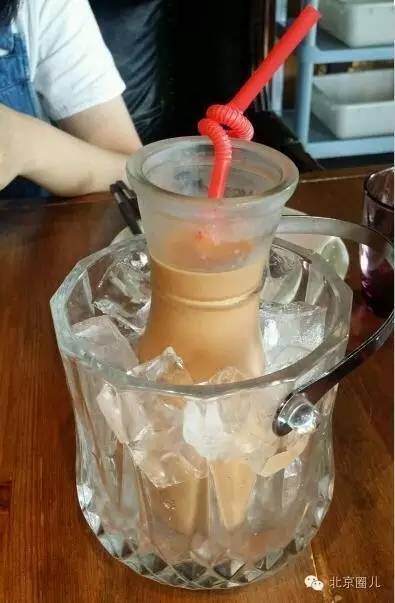
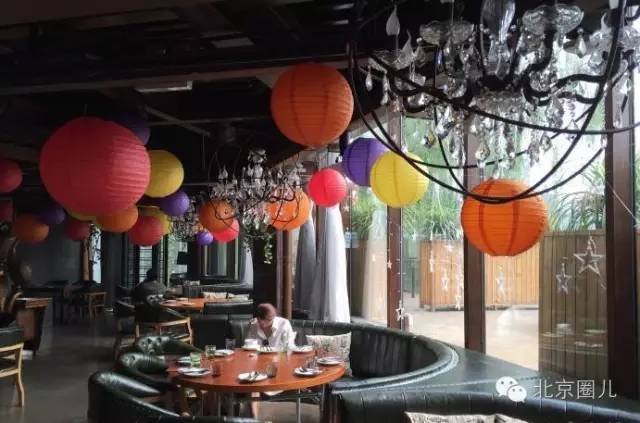



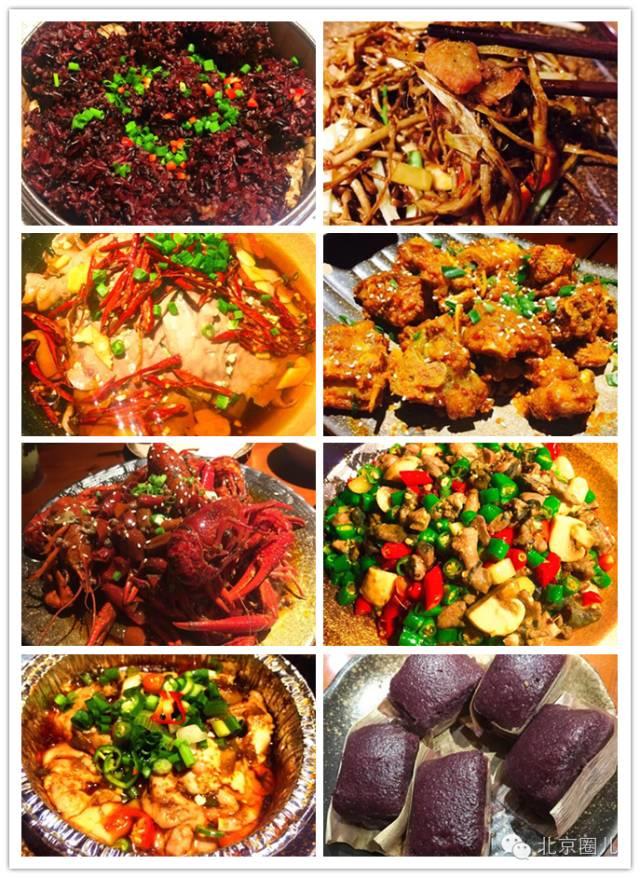
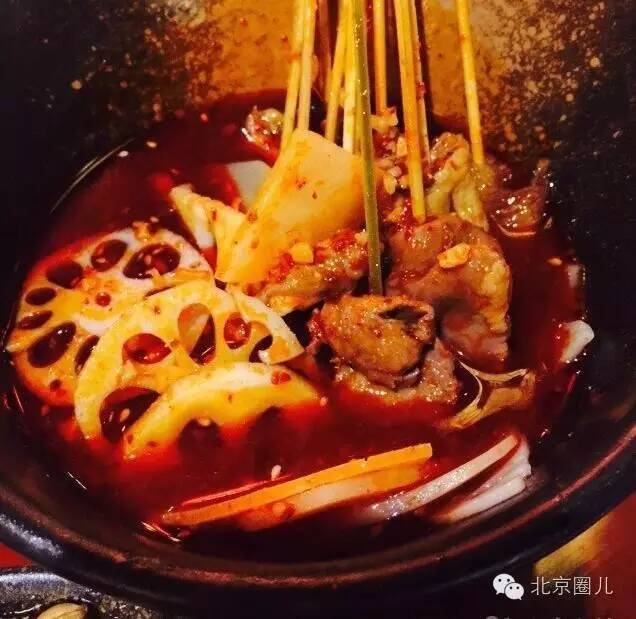

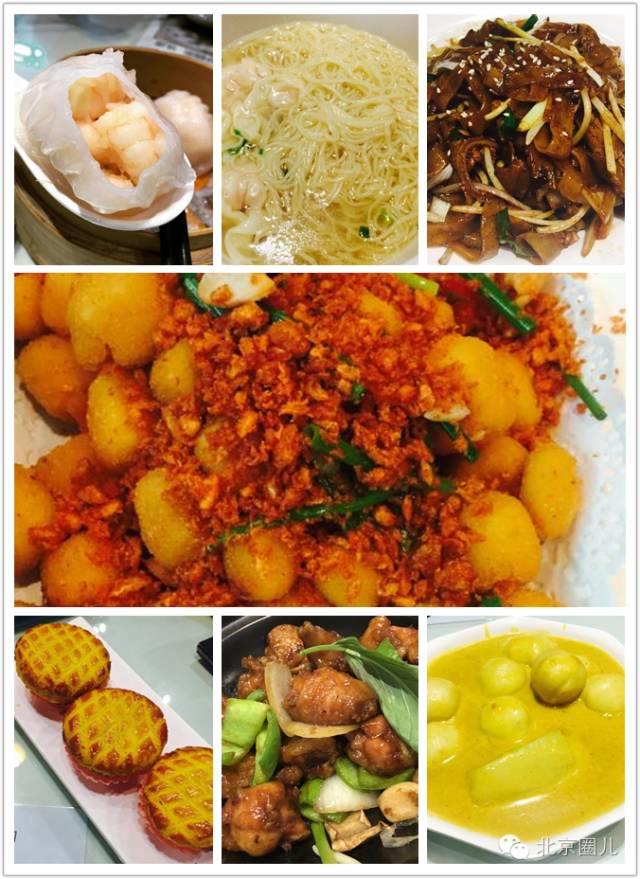

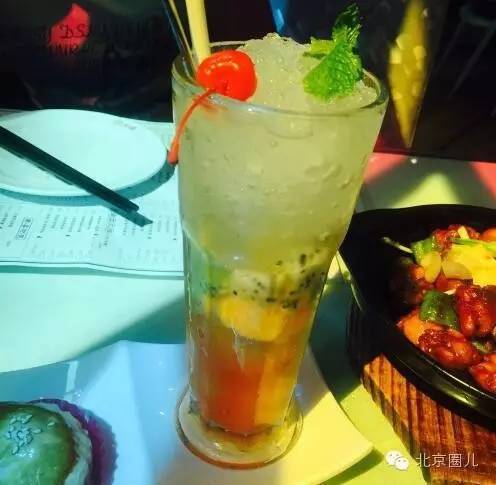







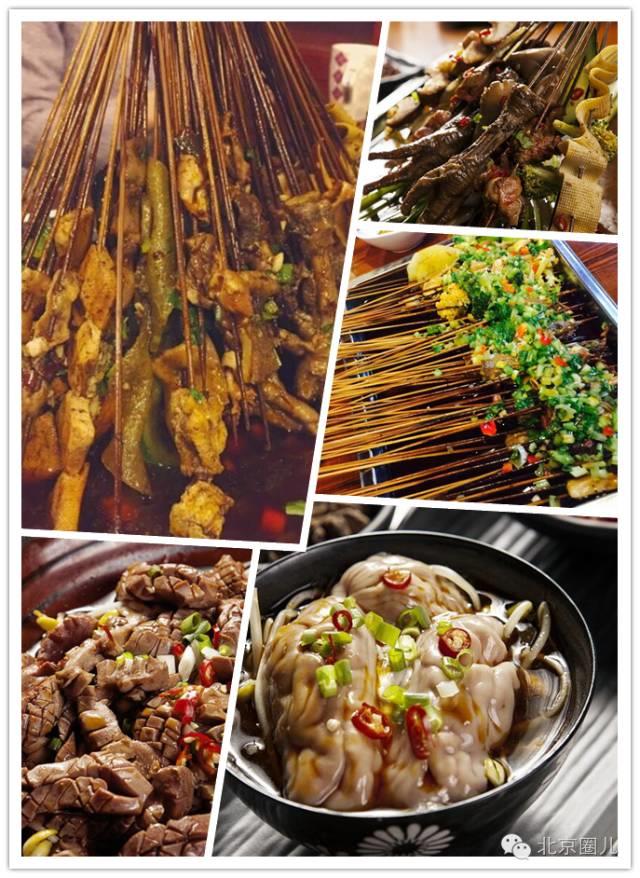
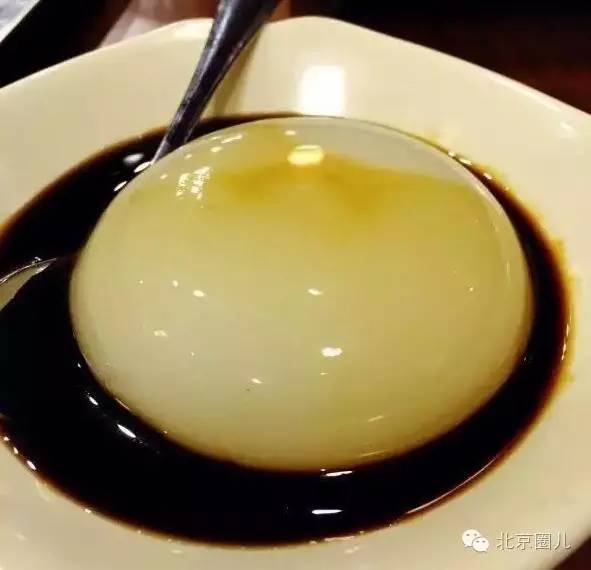
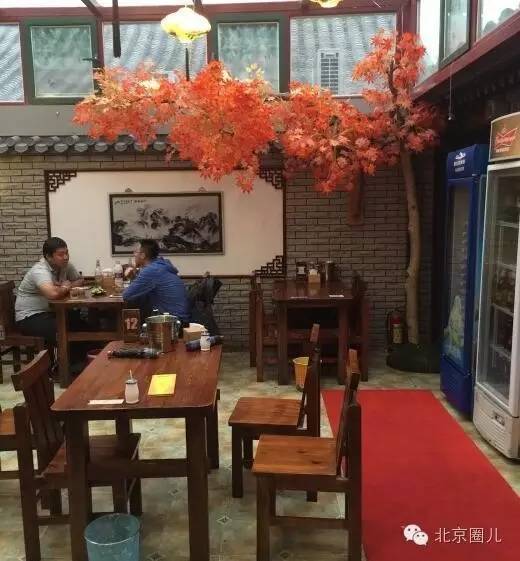
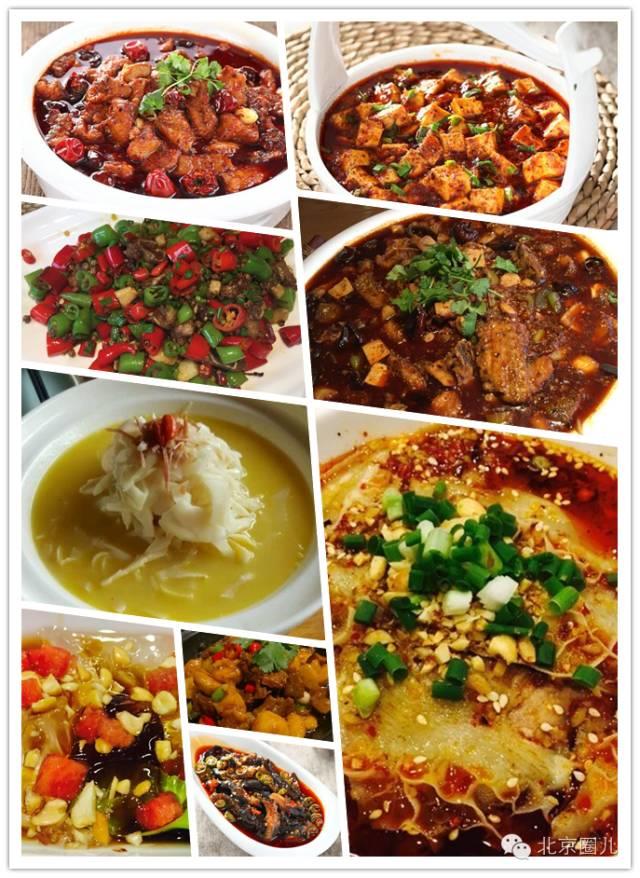


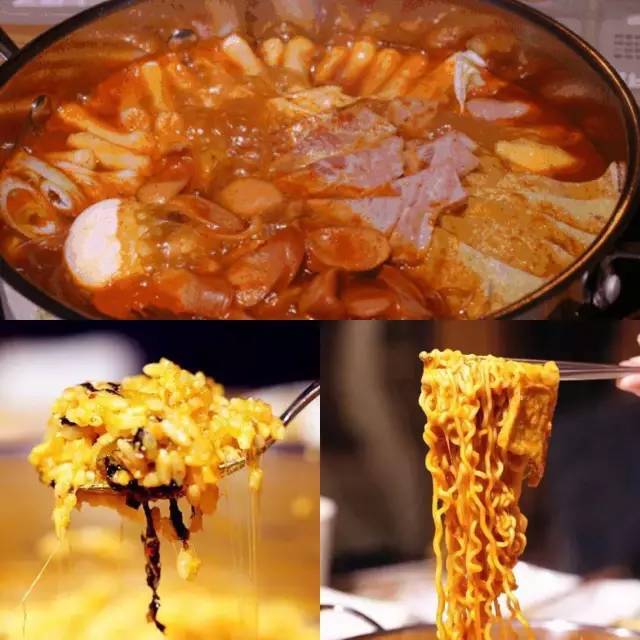




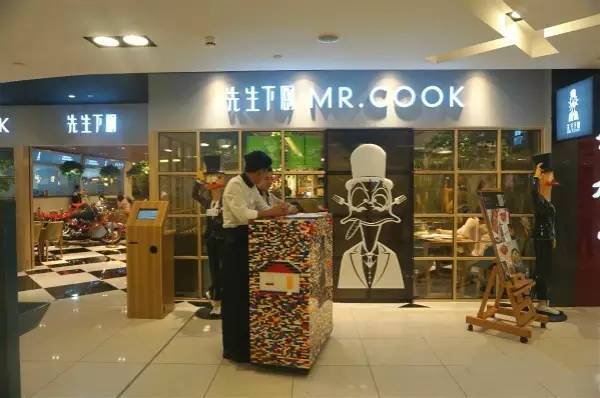
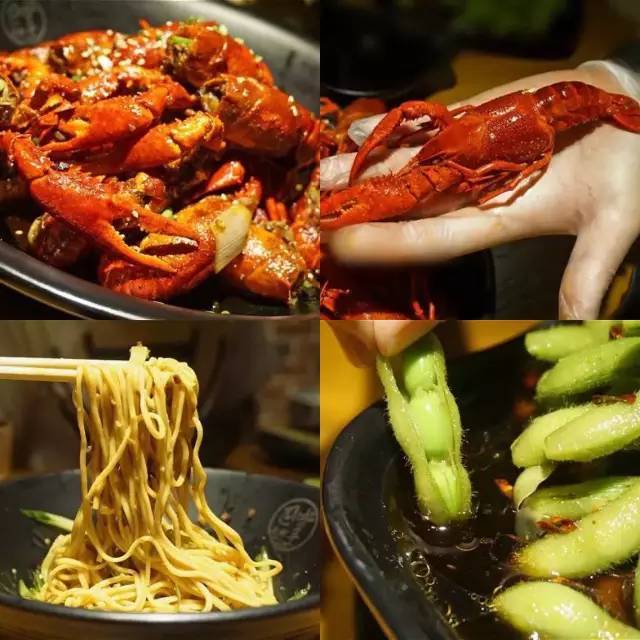










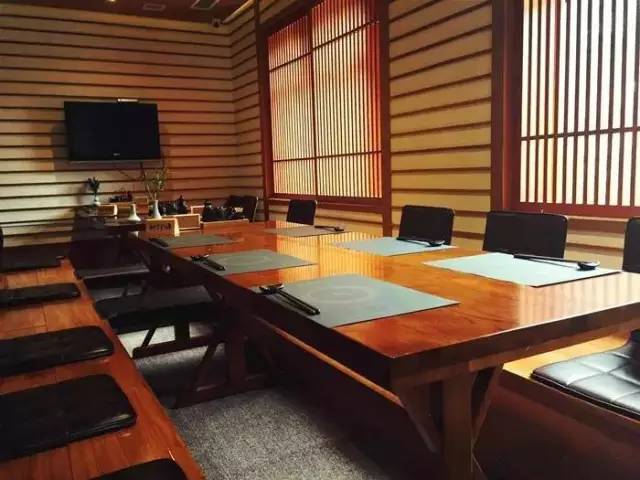
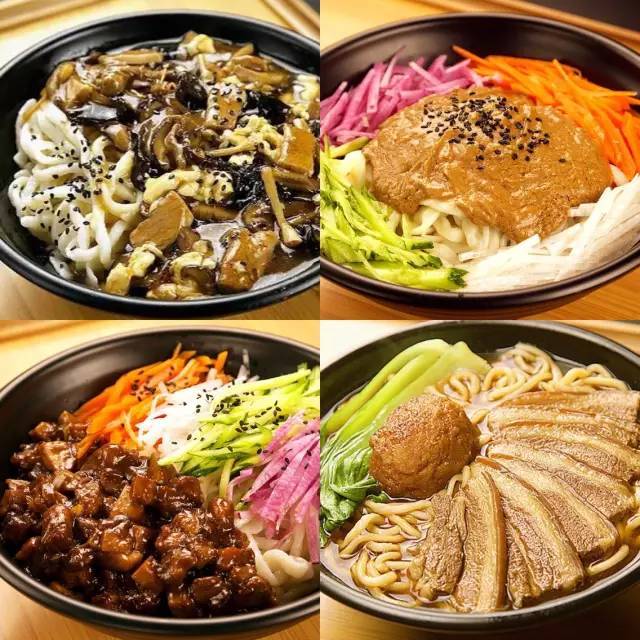













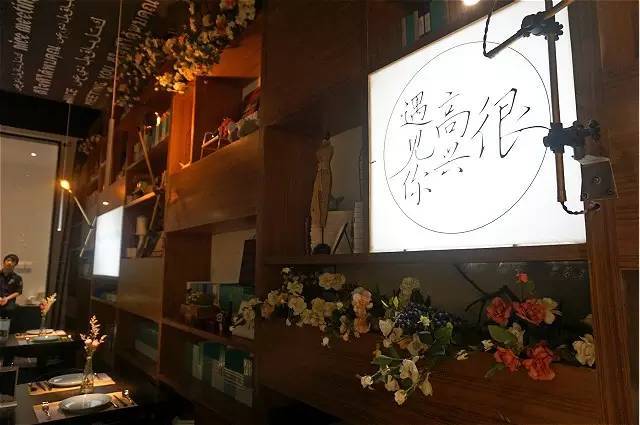
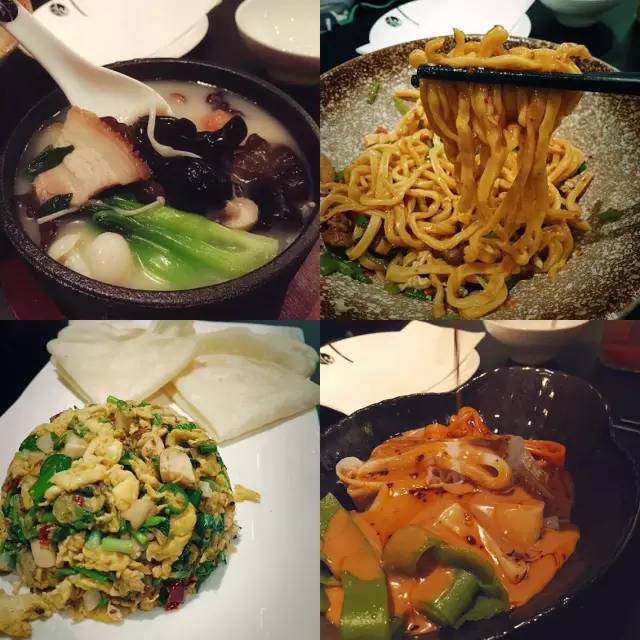

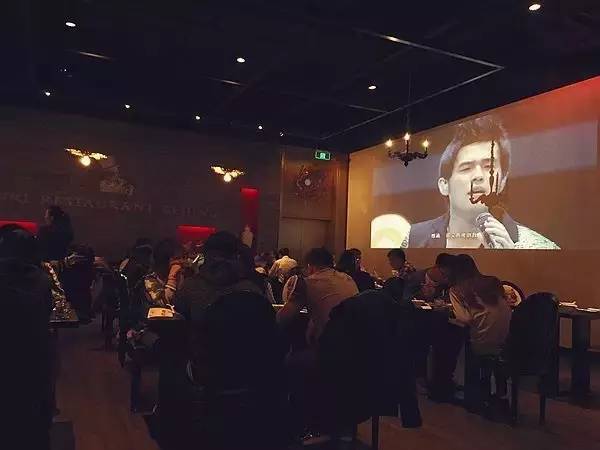


















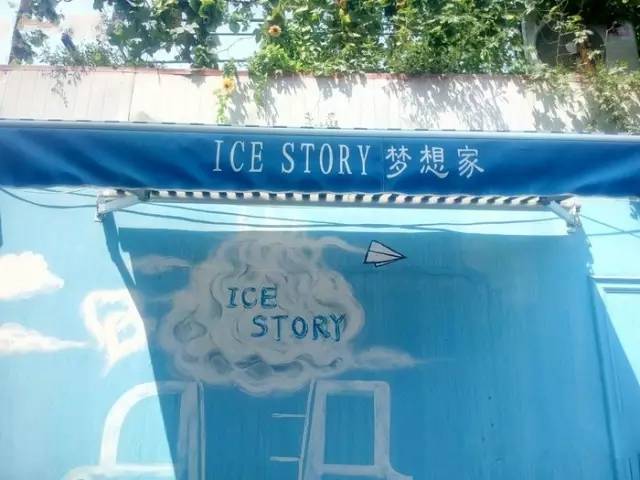
 If you want to eat yourself, come on!
If you want to eat yourself, come on! The article was transferred from Beijing Circle | Copyright belongs to the original author.
The article was transferred from Beijing Circle | Copyright belongs to the original author.